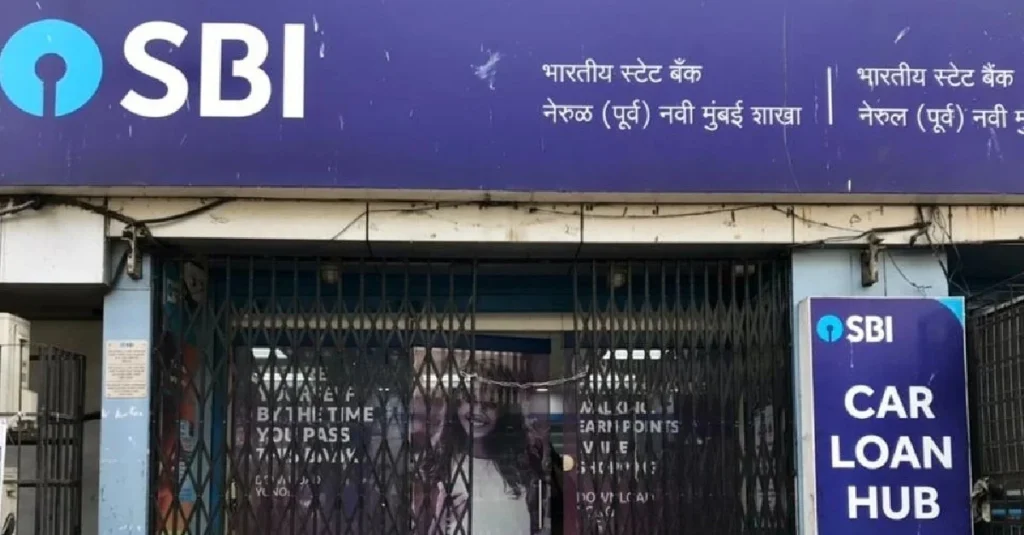
SBI Raises Rs 7,500 Crore Through Bond Issue: A Boost to the Banking Sector
State Bank of India, the country’s largest lender, has raised Rs 7,500 crore at a coupon rate of 6.93 per cent through its Basel III-compliant Tier 2 bond issuance for fiscal 2025-26. The bond issue, which was oversubscribed by approximately three times the base issue size of Rs 5,000 crore, demonstrates the trust investors have in the bank and the Indian banking sector as a whole.
The bonds, which have a tenor of 10 years with a call option after five years and each anniversary date thereafter, were issued to strengthen the bank’s capital base and meet the regulatory requirements. The issue attracted participation from a diverse set of qualified institutional bidders, including provident funds, pension funds, mutual funds, and banks, among others.
What is Basel III and Why is it Important?
Basel III is a set of international banking regulations developed by the Basel Committee on Banking Supervision to strengthen the regulation, supervision, and risk management of banks. The regulations aim to improve the banking sector’s ability to withstand financial stress, reduce the risk of bank failures, and prevent future financial crises. In India, the Reserve Bank of India (RBI) has implemented Basel III norms, which require banks to maintain a minimum capital adequacy ratio of 11.5% and a minimum Tier 1 capital ratio of 7%.
For more information on Basel III norms in India, including the key features and implementation timeline, please visit our website.
Implications for Indian Investors
The successful bond issue by SBI is a positive development for Indian investors, as it demonstrates the bank’s ability to raise capital and meet its regulatory requirements. The issue also highlights the growing demand for high-quality debt instruments in India, particularly from institutional investors.
For investors looking to invest in the Indian banking sector, the SBI bond issue is a significant development. The issue shows that Indian banks are able to raise capital at competitive rates, which is essential for their growth and expansion plans. Additionally, the issue demonstrates the trust that investors have in the Indian banking sector, which is a positive sign for the overall economy.
Comparison with Other Bond Issues
The SBI bond issue is not the only significant bond issue in recent times. Earlier this year, SBI had raised Rs 25,000 crore equity via QIP, which was oversubscribed by more than 4.5 times. The bank had also raised $500 million through a medium-term note (MTN) at a very fine rate for a tenor of five years during the financial year.
Other Indian banks have also raised capital through bond issues in recent times. For example, ICICI Bank had raised Rs 15,000 crore through a bond issue last year, while HDFC Bank had raised Rs 10,000 crore through a bond issue earlier this year.
Conclusion
In conclusion, the SBI bond issue is a significant development for Indian investors and the banking sector as a whole. The issue demonstrates the bank’s ability to raise capital and meet its regulatory requirements, while also highlighting the growing demand for high-quality debt instruments in India. For investors looking to invest in the Indian banking sector, the SBI bond issue is a positive sign, as it shows that Indian banks are able to raise capital at competitive rates and meet their growth and expansion plans.
For more information on the Indian banking sector, including the latest news, trends, and analysis, please visit our website. We also provide stock market news and updates to help investors make informed decisions.

Leave a Reply